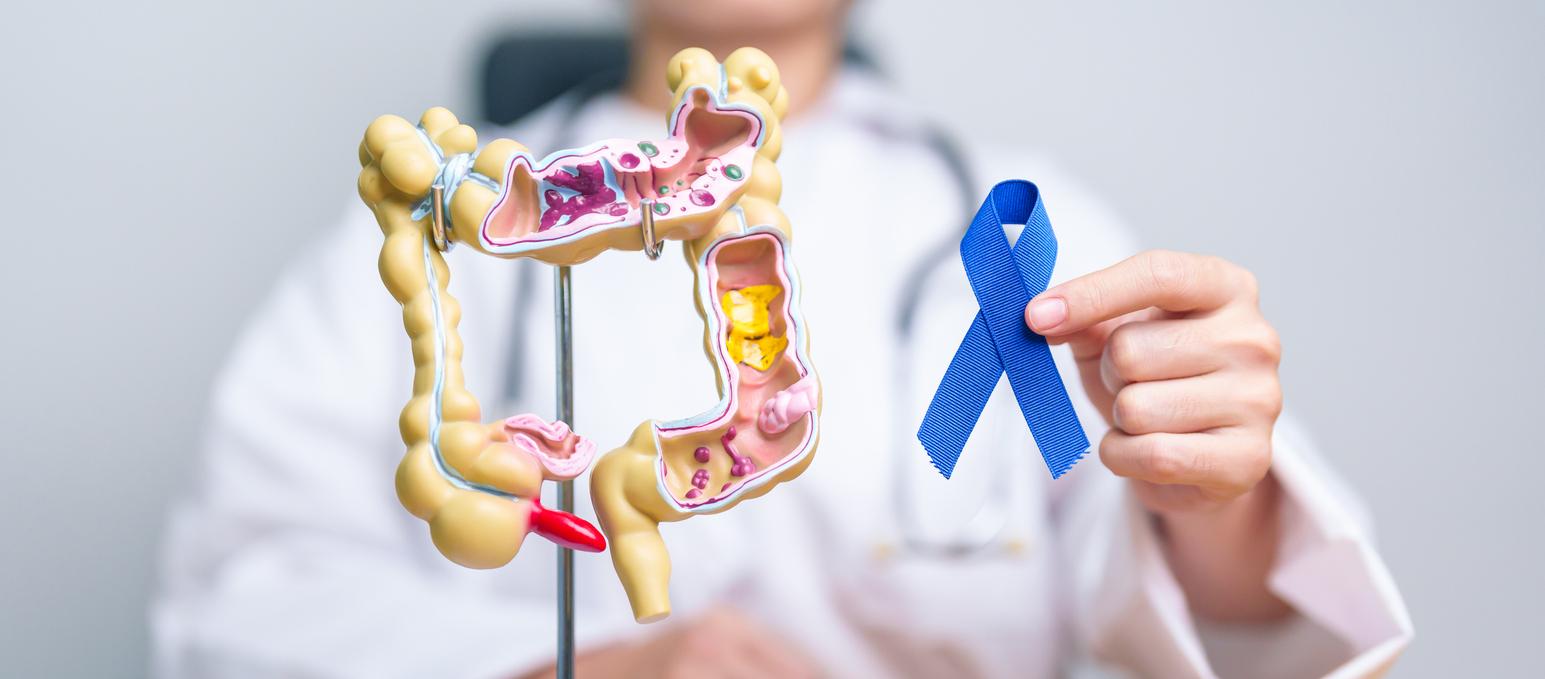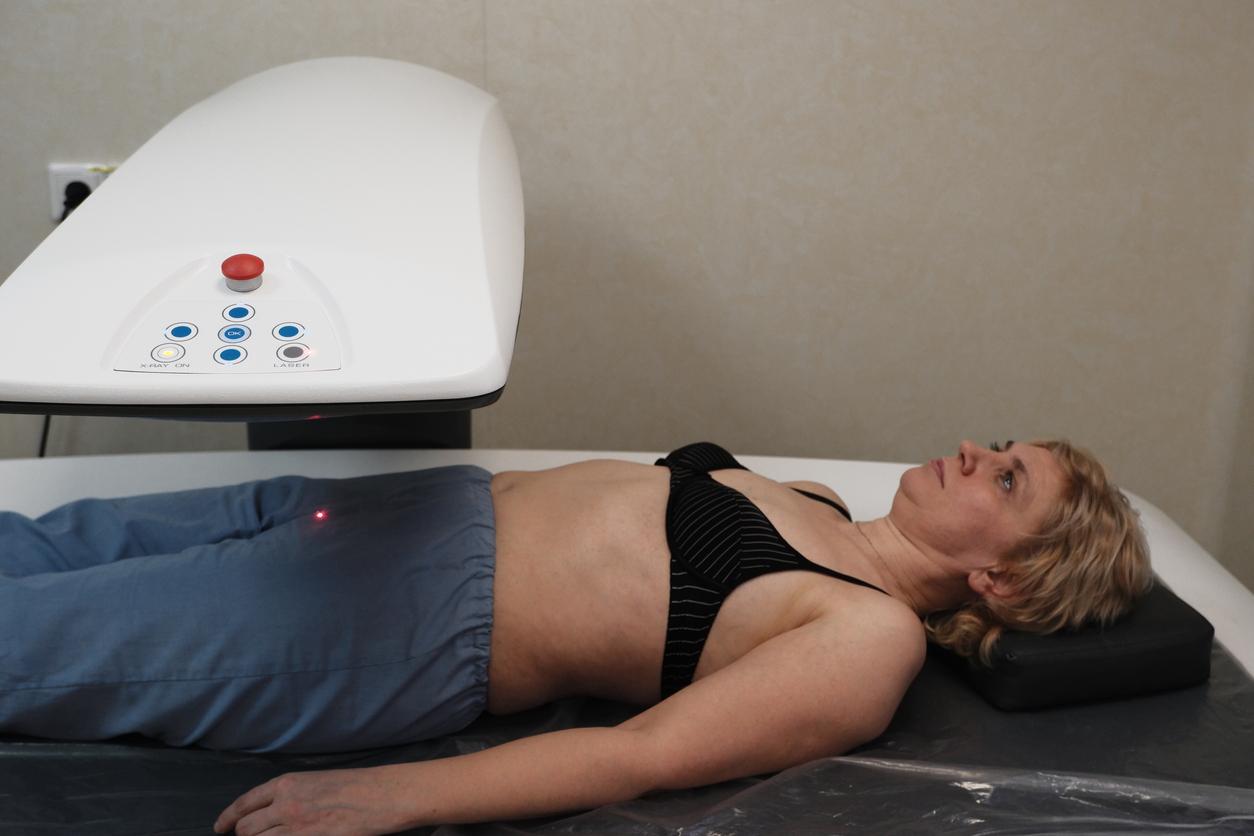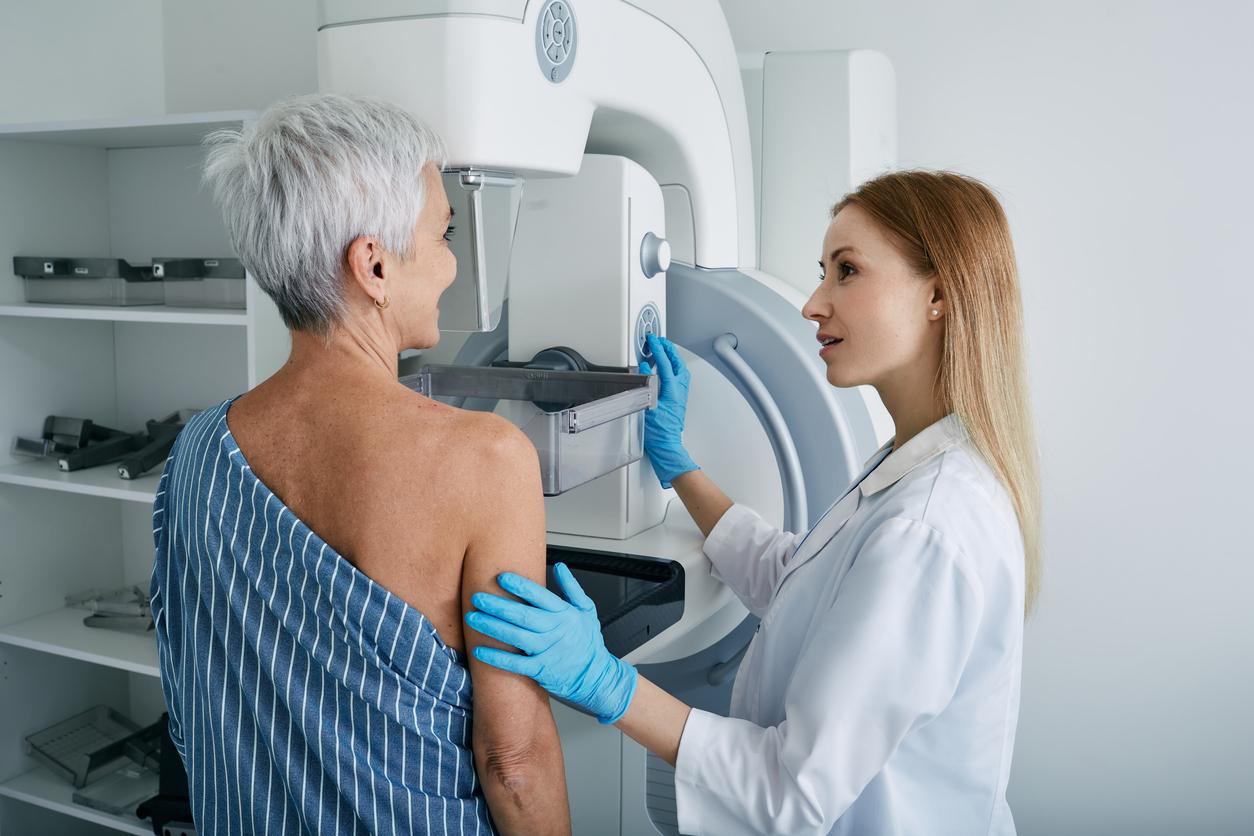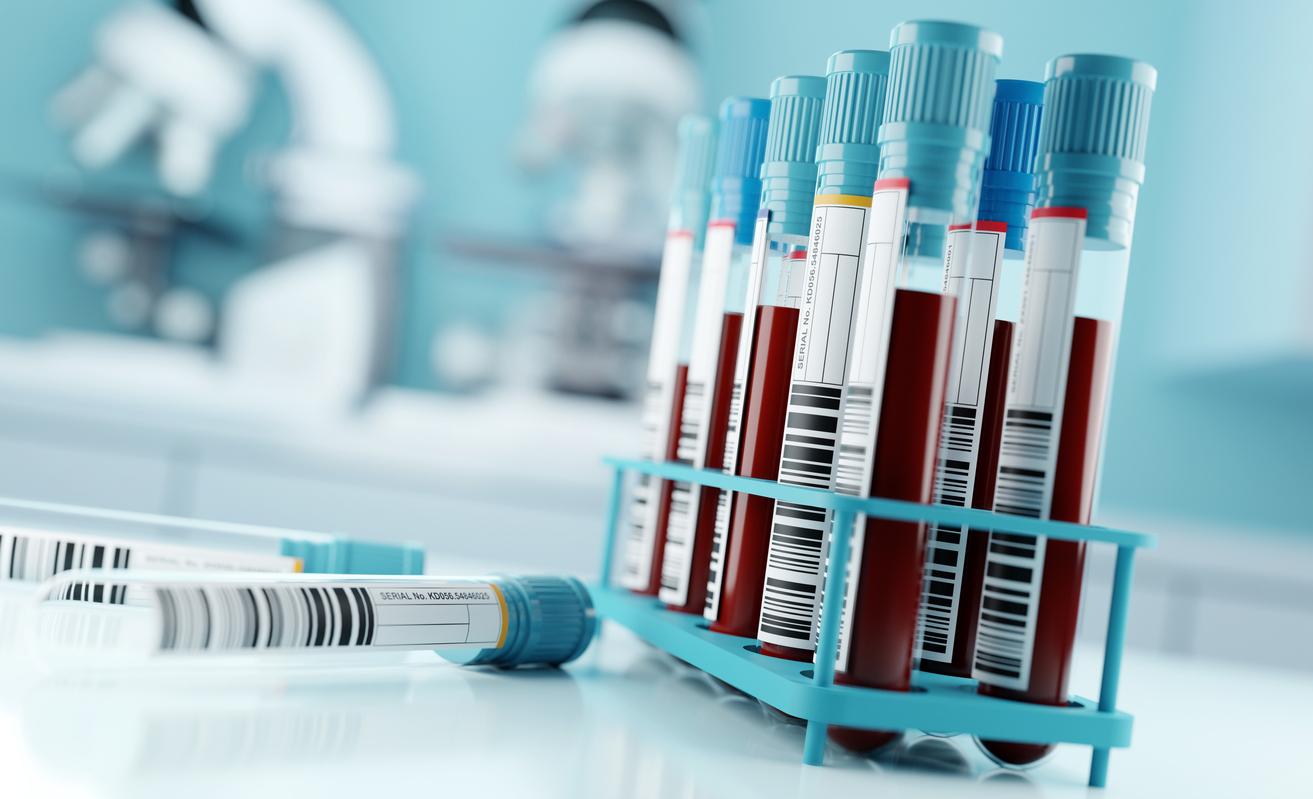The League Against Cancer is launching its #Parlonsbutts campaign for Mars Bleu, which aims to raise public awareness of colorectal cancer screening.

Like Pink October, which aims to raise public awareness of breast cancer, Blue Mars wants to draw our attention to colorectal cancer (also called colon cancer), which is in third place of the most common cancers in France, all sexes combined: the second in women and the third in men. It occurs mostly in people aged 50 and over.
In 2015, 43,068 colon cancers were diagnosed in France (23,535 men and 19,533 women) and 17,833 deaths were recorded (9,337 in men and 8,496 in women). The average age of the patients was 71 years for men and 75 years for women.
#Butttalk
Unfortunately, even if the mortality rate linked to this disease seems to have fallen since 2005, the rate of participation in the screening examination is still very low at 33.5% – only 4 out of 10 people follow the recommendations on the frequency of screening examination. While detected early, colon cancer can be cured in 9 cases out of 10. It is for this reason that the league against cancer launches the “Blue March” operation punctuated by a catchy slogan aimed at breaking the taboos around screening: #Butttalk.
Mars opens the organized colon cancer screening campaign. Come meet us, discuss and ask your questions throughout the month of March (schedule below).
Video of La Ligue contre le cancer on colorectal cancer screening:https://t.co/ge7NniD7Fe pic.twitter.com/byC2SGXdjo– Paris Cancer League (@LigueCancer75) March 1, 2019
The taboos that surround this screening persist and contribute to placing this cancer at a level that is still too high. Free, reliable and quick to perform, screening is aimed at people aged 50 to 74.
When to perform a colonoscopy?
The colonoscopy is for example commonly practiced in France. Every two years, a letter invites women and men aged 50 to 74 to get tested, either 18 million people. Since April 2015, the national organized screening program has been based on immunological testing. “This test is simple, efficient, quick to do and painless. It is to be carried out at home and 100% covered without advance payment”, details Public Health France in an information note.
This test consists of a stool sample and is performed by 80,000 to 85,000 people each week. “Doing it all at once is perfect, there is no reason not to do it,” says Suzy, 63, from Basse-Normandie. If the results of this test are positive, the doctor then prescribes a colonoscopy. This examination makes it possible to biopsy (remove a fragment of tissue to study it under the microscope) any lesions of the colon, or sometimes to remove them. In some cases, an X-ray of the intestine will complete the examination. To perform a colonoscopy, you must be fasting, that is to say you have not eaten, drunk or smoked, because your colon must be clean. The doctor will also ask you to ingest an intestinal washing liquid before the examination in order to empty your intestines.
Performed by a gastroenterologist, for people with a positive test result in the organized national screening program, colonoscopy makes it possible to highlight any abnormalities of the colon or rectum. In nearly half of the cases, it does not detect any anomaly. In about 30% of cases, it detects a polyp or adenoma and in 8% of cases, cancer.
The different treatments
Depending on the stage of the cancer, several treatments can be offered: surgery alone in the event of a very localized lesion, surgical treatment with lymph node dissection and adjuvant chemotherapy when the disease has reached the lymph nodes, and surgery of the colon and metastasized organs in the case of of metastases. The latter may be followed or preceded by chemotherapy or even targeted therapy. It should be noted that diet plays an important role against colorectal cancer: regularly eating onions, garlic and leeks could indeed reduce the risk of developing this disease.

.

















